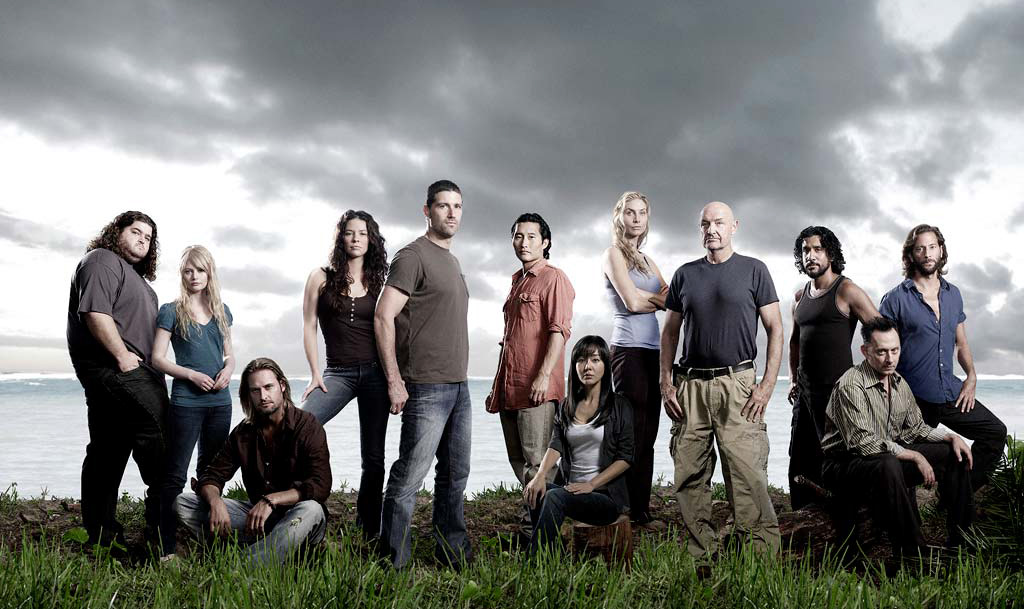Thursday night is party night, no questions asked, even if that means missing Pam and Jim’s epic wedding on “The Office.”
Thank goodness for time-shifting. While it is impossible for you to be in two places at once ““ both the frat party down the street and your living room couch, watching the latest hijinks at Dunder Mifflin ““ it is possible to reschedule the latter.
Time-shifting is what the entertainment business likes to call any variation of television programming that allows audiences to watch it on their own time.
“College students have such busy lifestyles. (Television) is one of those things where you don’t have the freedom of schedule in order to watch it when it’s on,” said Rose Putler, a third-year statistics student.
Alternatives to traditional television viewing are immensely popular on college campuses, where between the studying, partying and random hours of sleep, television tends to take the back burner.
“The convenience and accessibility of shows at any given time makes TV one less thing to fit in to our schedules,” said Tracy Tung, a fifth-year music education student.
Putler is a fan of Hulu, an online provider of limited ad-supported content from NBC Universal, Fox, ABC and others. “I’ve been a user since it was in the beta testing. Hulu has marketed itself as this amazing, utopian, free site,” Putler said.
Putler also uses Netflix, an online rental service that is a hybrid between online viewing and subscription-based services.
“I just got a Netflix subscription, so that’s another avenue to watch things,” Putler said.
Netflix offers streaming videos as well as a huge library of DVDs and Blu-Ray discs available for rent by mail.
Tung uses Hulu as well, but also pays for TiVo. DVR and TiVo were resurrected from the VCR of the ’90s and have been helping to make television programming more accessible for a decade. The subscription-based services allow users to record live television for viewing at a later time.
“You’re paying for the schedule and the availability,” Tung said.
TiVo allows you to access any content broadcast on cable television, outperforming Hulu’s exclusive video database, but for a fee.
“Definitely the network television model is in a crisis or transition, trying to accommodate new viewing patterns,” said Denise Mann, head of the UCLA Producers Program and a leading television expert. “The notion of audiences sitting at home and watching the TV lineup the way networks originally programmed it seems to be defunct. People have DVRs and video streaming to their computers, and younger audiences, especially, are choosing when and how they watch television.”
Some shows, such as ABC’s “Lost” and NBC’s “Heroes,” can be confusing to audience members who miss one or two episodes. The limited ad support on Web sites such as Hulu and the ability to fast-forward through commercial breaks using services such as DVR and TiVo allow viewers to quickly catch up on their favorite programs.
“Especially if you’re watching a couple of shows, it’s a lot faster to watch without commercials,” Putler said.
Many students are also fans of Web sites such as YouTube and SurfTheChannel, Internet sources that provide unauthorized, copyrighted content.
“Personally, I try to use the legal sites, but sometimes you just can’t find stuff,” Putler said. “I’m not a huge fan because the quality is usually very poor. Plus not everything is online, even illegally.”
YouTube consistently scans for unauthorized material, deleting any videos copyrighted by the networks, but students easily find ways around the Web site’s infringement policies. The availability of shows such as TLC’s “Jon & Kate Plus 8,” which isn’t available on the network’s Web site, makes YouTube even more appealing.
“It is somewhat unethical and technically against the law, but it is very difficult to enforce,” Tung said.
The Internet opened up many new avenues for providing content, and combined with the more established subscription-based services, we can watch television virtually anytime and anywhere.
“College students are not sitting around watching television the way their parents did,” Mann said.
Thanks to the plethora of television viewing alternatives, we no longer have to choose between a night on the town and a night on the couch.
